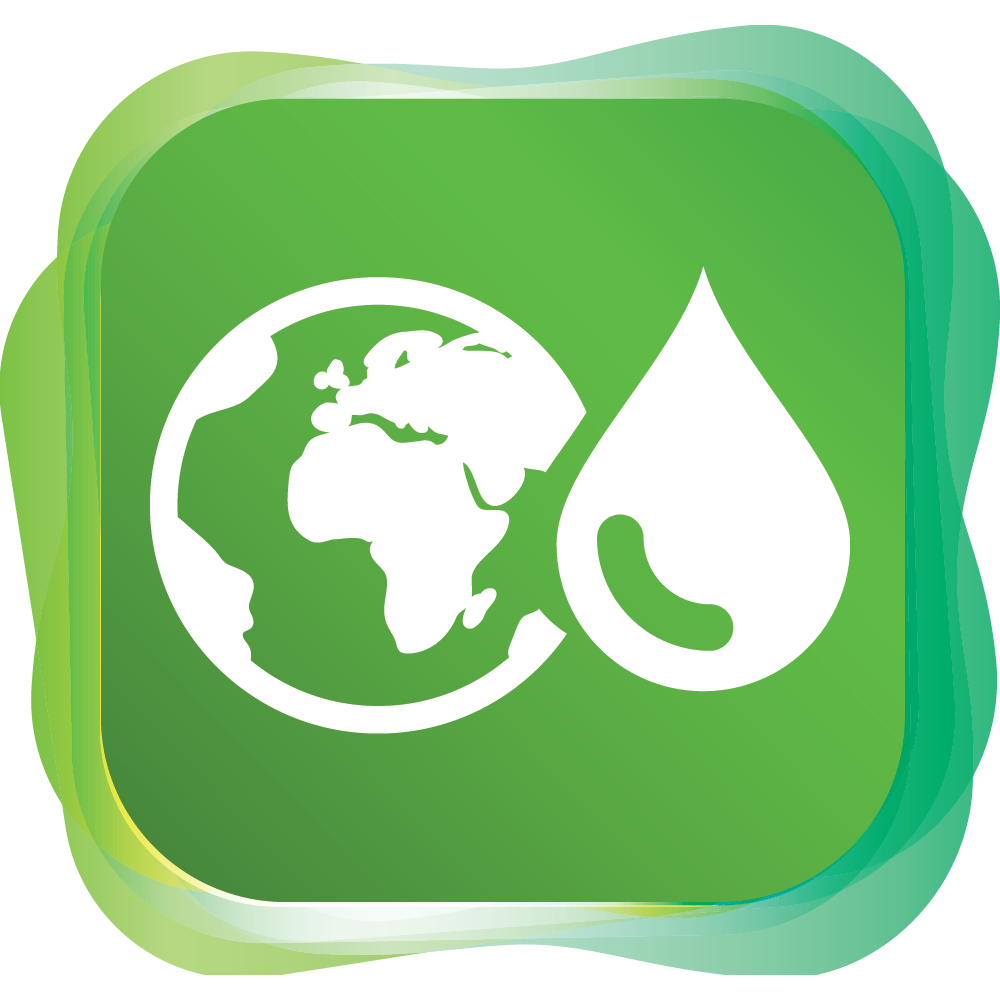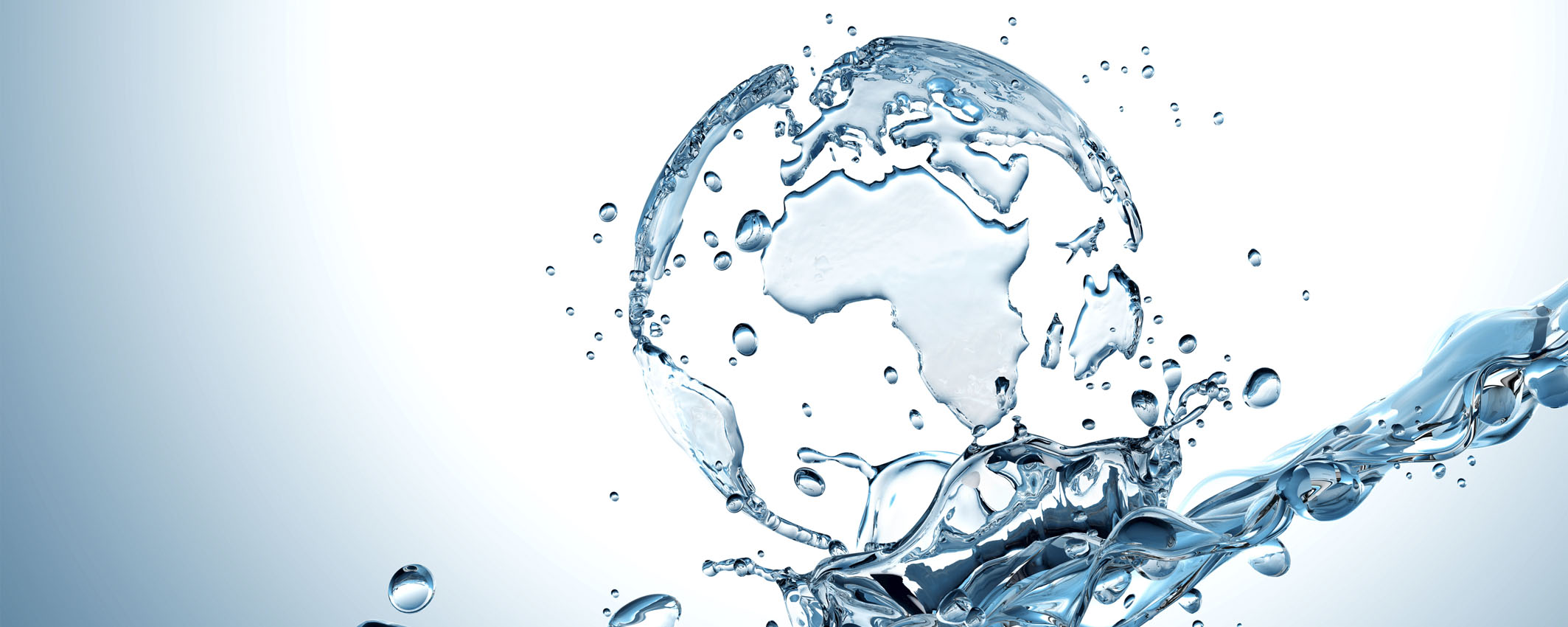 |
CCGL9059 Global IssuesWater in a Changing World |
Course Description
Water is fundamental to life, human dignity and all ecosystems. Water sustains agriculture while large amounts of it are also used in manufacturing essential items such as the silicon chips that are important components of our phones and computers, as well as the generation of electricity. However, rapid population growth and continuous changes in human activities such as urbanization, industrial development, agriculture, as well as changes in climate and lifestyle, have placed increasing pressure on water resources. This has led to declining water quantity and quality around the world, which sometimes leads to tensions and conflicts among different users.
This course will address the distinctive character of water as both a local and global resource. The course will examine issues related to the use and lack of water, allocation and management of water resources, geopolitical disputes over water as well as global trade implications related to commodities with embedded water. The course will utilize a variety of approaches including case studies, group projects, field visits, individual reflections and laboratory work to provide a proper understanding of these distinctive characteristics of water and its use.

Course Learning Outcomes
On completing the course, students will be able to:
- Explain the distribution of water resources on earth and its role in supporting living organisms.
- Determine the implication of water distribution on the nature and rate of development of different societies.
- Analyze patterns of human activity and their impacts on water resources.
- Develop appropriate strategies towards a sustainable use of water resources for different types of communities.
Offer Semester and Day of Teaching
Second semester (Wed)
Study Load
| Activities | Number of hours |
| Lectures | 24 |
| Tutorials | 12 |
| Seminars | 8 |
| Fieldwork / Visits | 6 |
| Reading / Self-study | 40 |
| Assessment: Essay / Report writing | 12 |
| Assessment: Presentation (inl preparation) | 22 |
| Assessment: In-class quizzes | 2 |
| Total: | 126 |
Assessment: 100% coursework
| Assessment Tasks | Weighting |
| In-class quizzes | 30 |
| Group project | 30 |
| Individual essay | 20 |
| Assignments | 10 |
| Laboratory report | 10 |
Required Reading
- Chellaney, B. (2013). Water, Peace, and War: Confronting the Global Water Crisis. Rowman & Littlefield.
- Colopy, C. (2012). Dirty, Sacred Rivers: Confronting South Asia’s Water Crisis. Oxford.
- Mekonnen, M. M., & Hoekstra, A. Y. (2016). Four billion people facing severe water scarcity. Science Advances, 2(2), e1500323.
- PBS. (2020). H20: The Molecule That Made Us.
- Pietz, D. (2015). The Yellow River: The Problem of Water in Modern China. Harvard.
- Spellman, F. R. (2014). The Science of Water: Concepts and Applications (3rd ed.).
- United Nations Educational, Scientific and Cultural Organization (UNESCO). (2003). Conflict and Cooperation in the Management of International Freshwater Resources: A Global Review. International Hydrological Programme (IHP). PCCP series.
- United Nations. (2022). The United Nations World Water Development Report 2022: Groundwater: Making the invisible visible. UNESCO, Paris.
Course Co-ordinator and Teacher(s)
| Course Co-ordinator | Contact |
| Dr G.V. Akom Faculty of Science |
Tel: 3917 8576 Email: gvakom@hku.hk |
| Teacher(s) | Contact |
| Dr G.V. Akom Faculty of Science |
Tel: 3917 8576 Email: gvakom@hku.hk |

